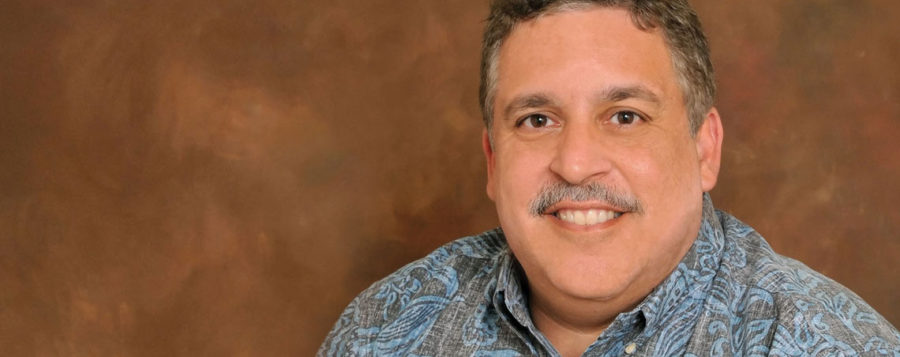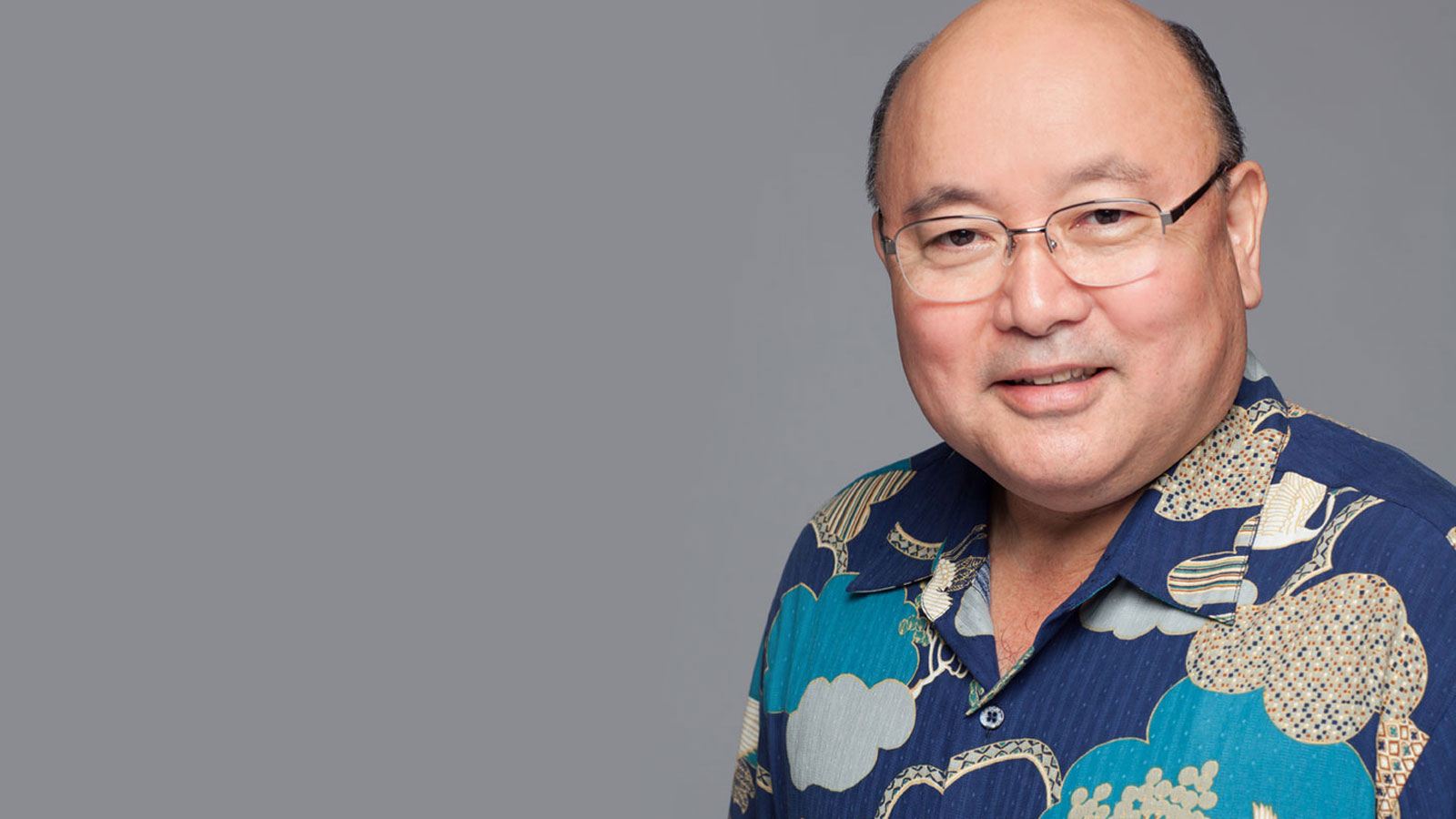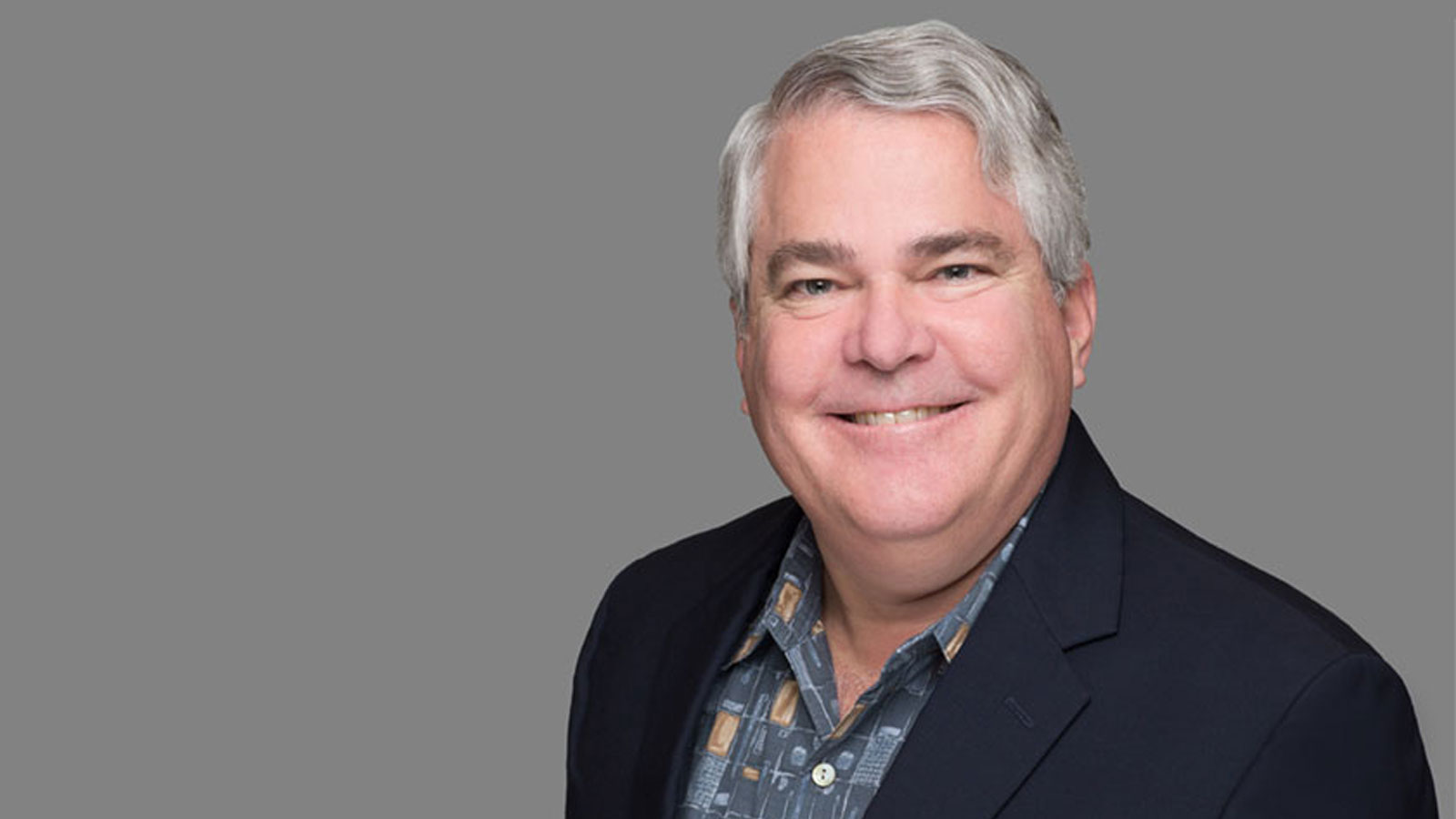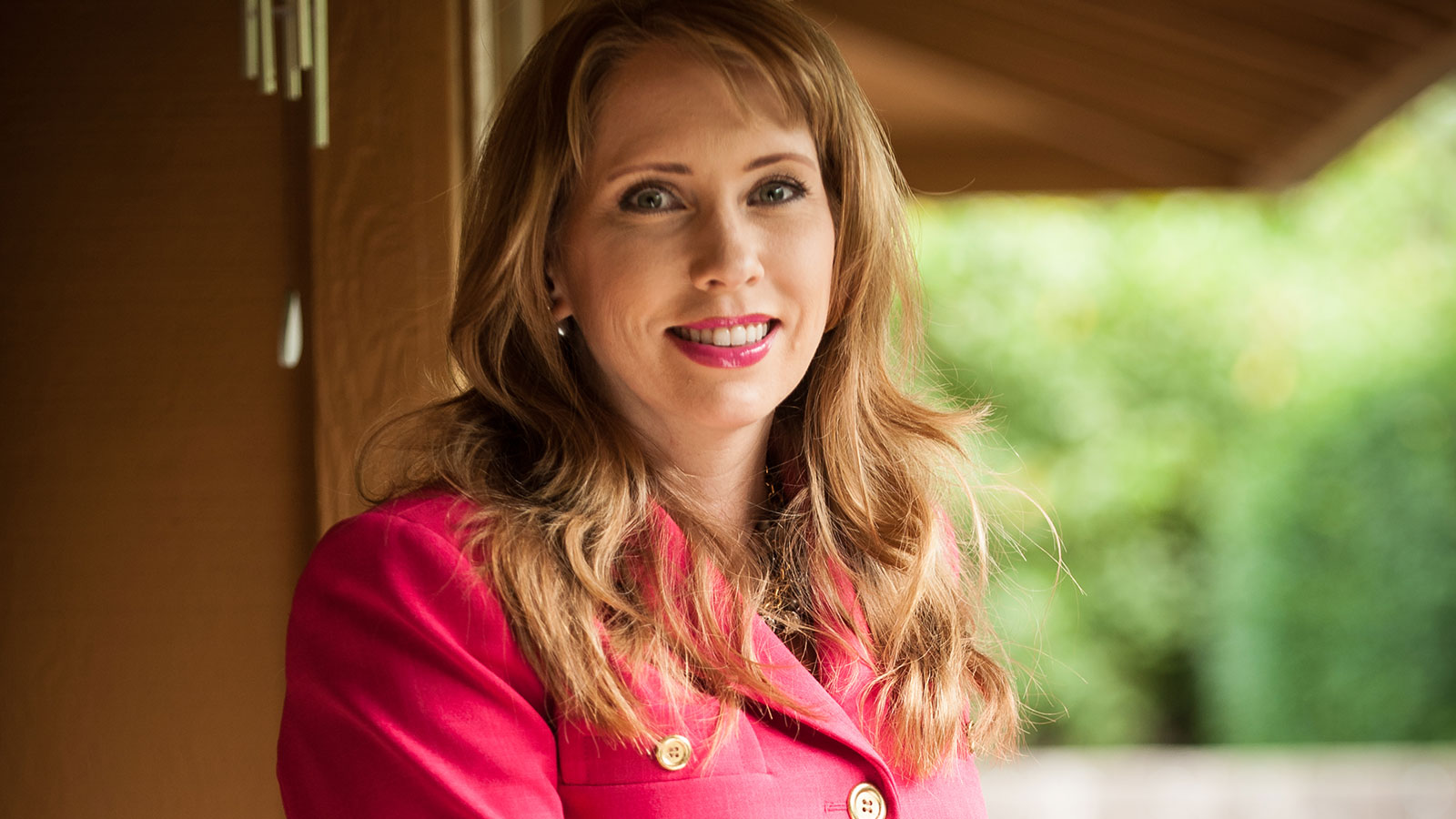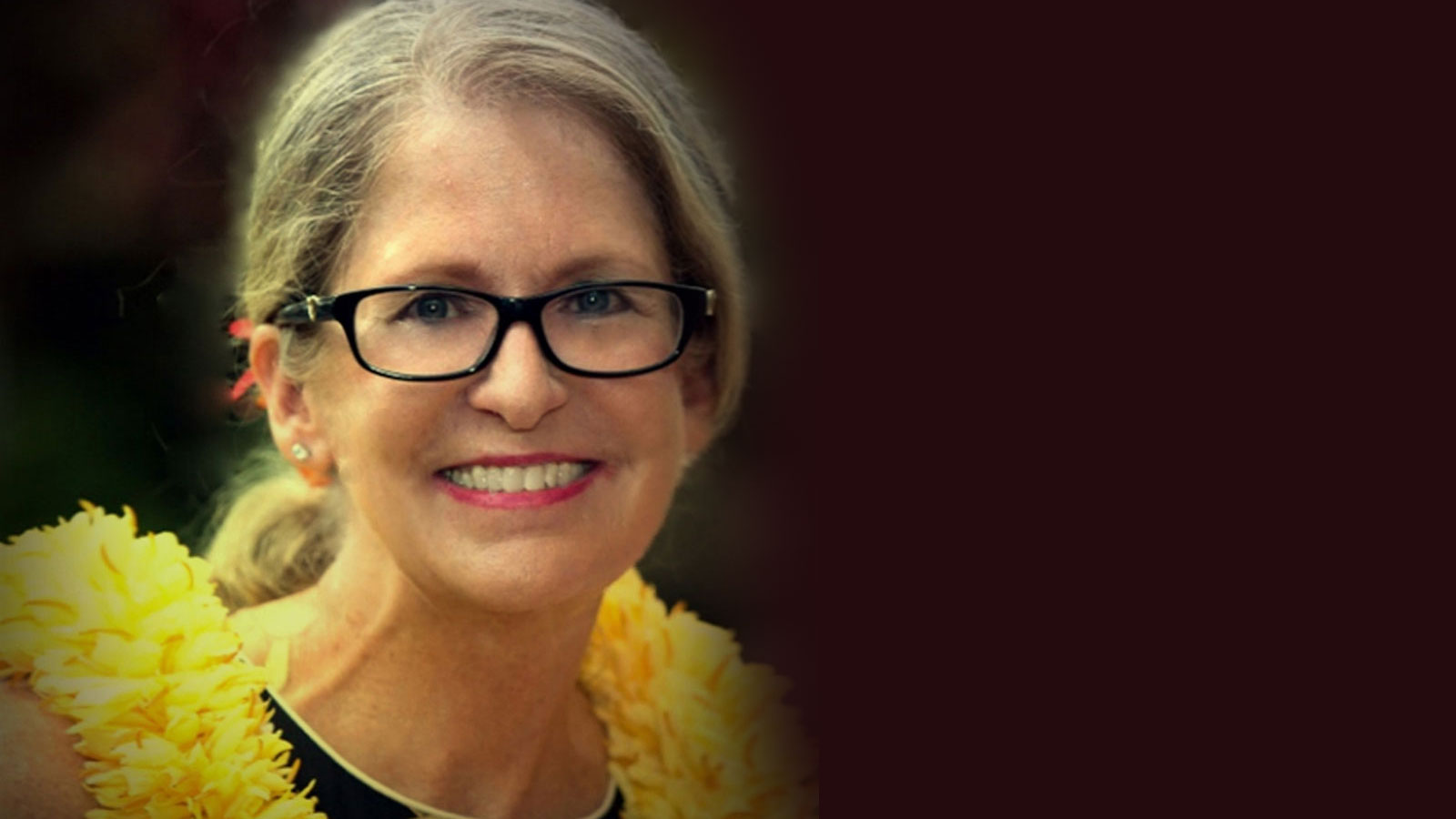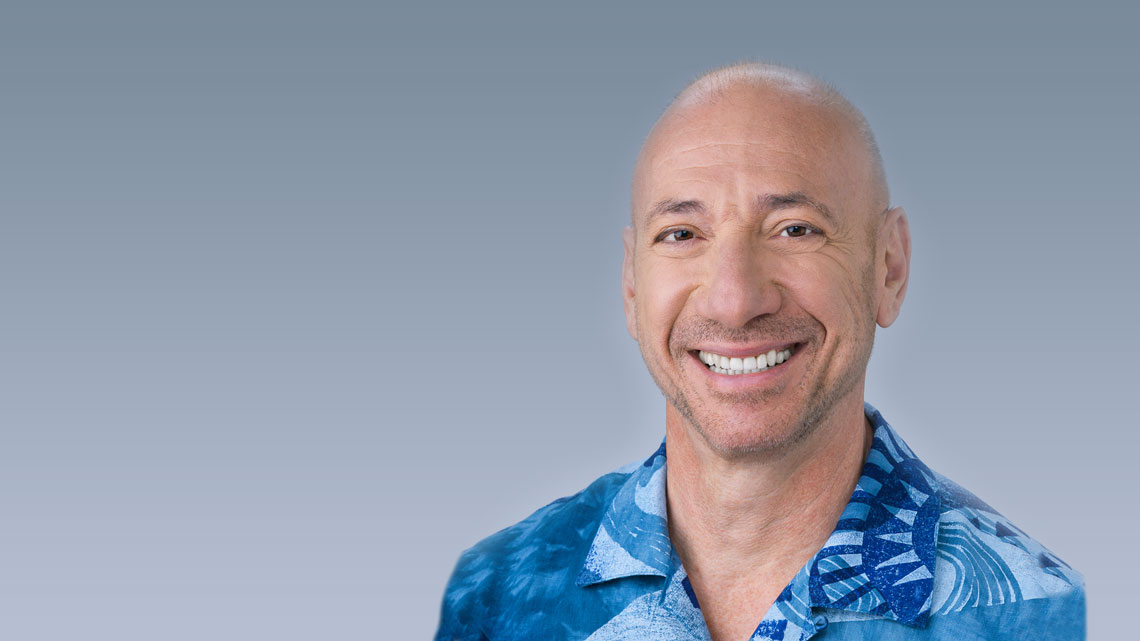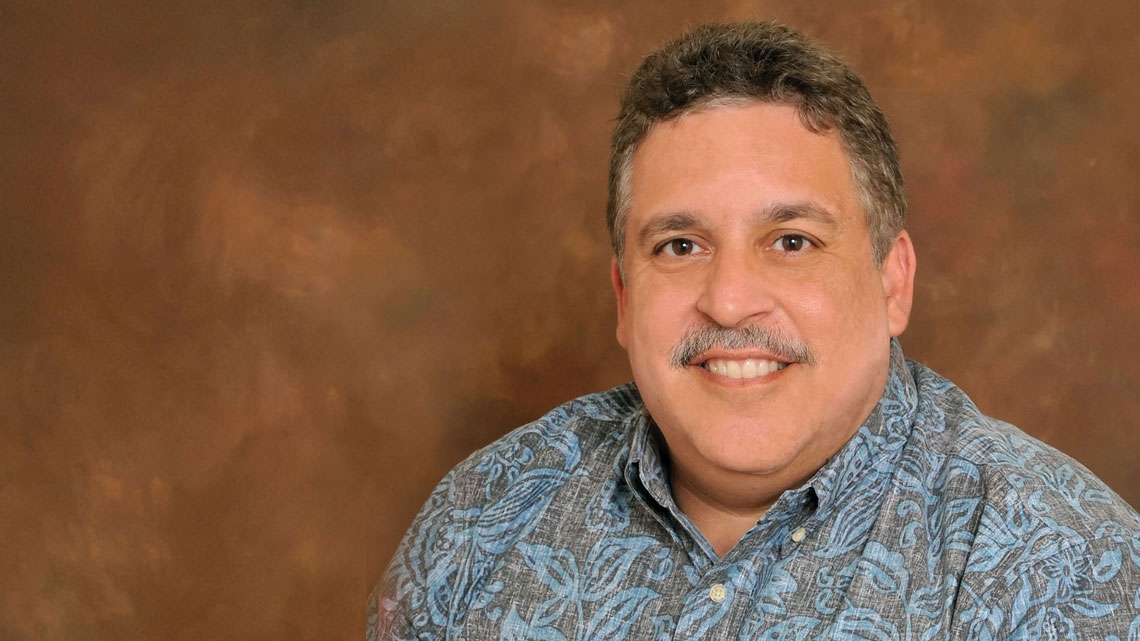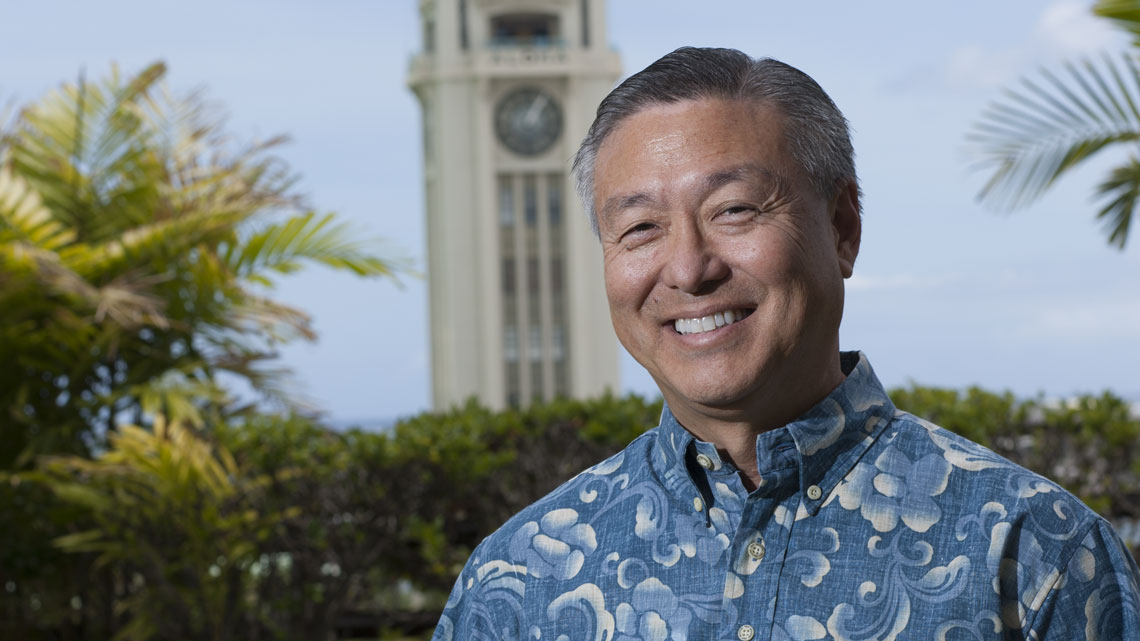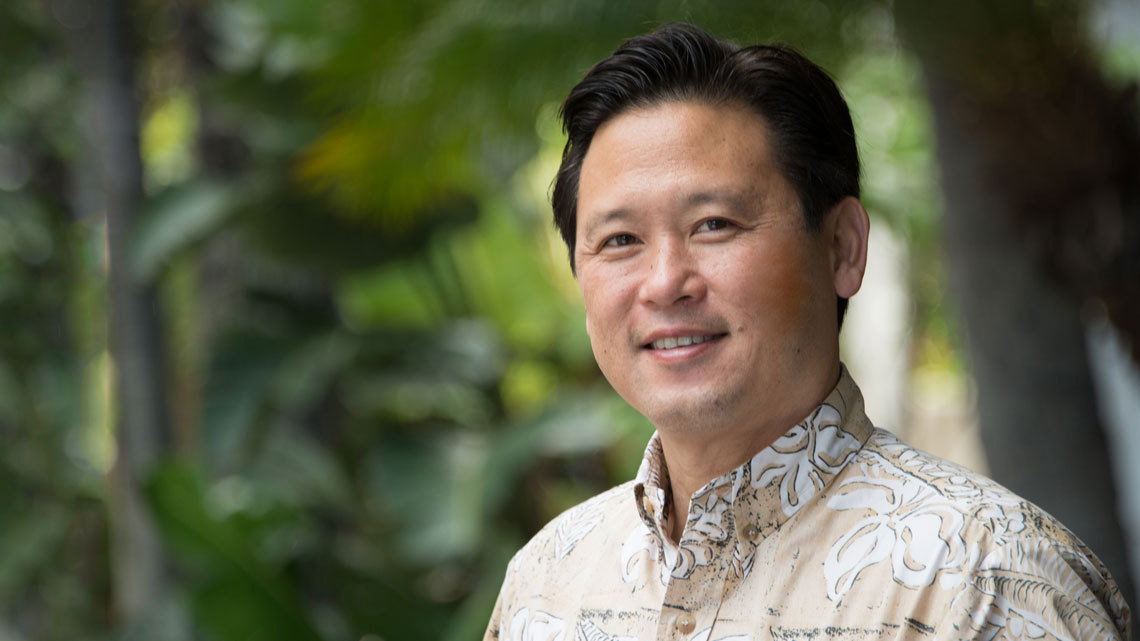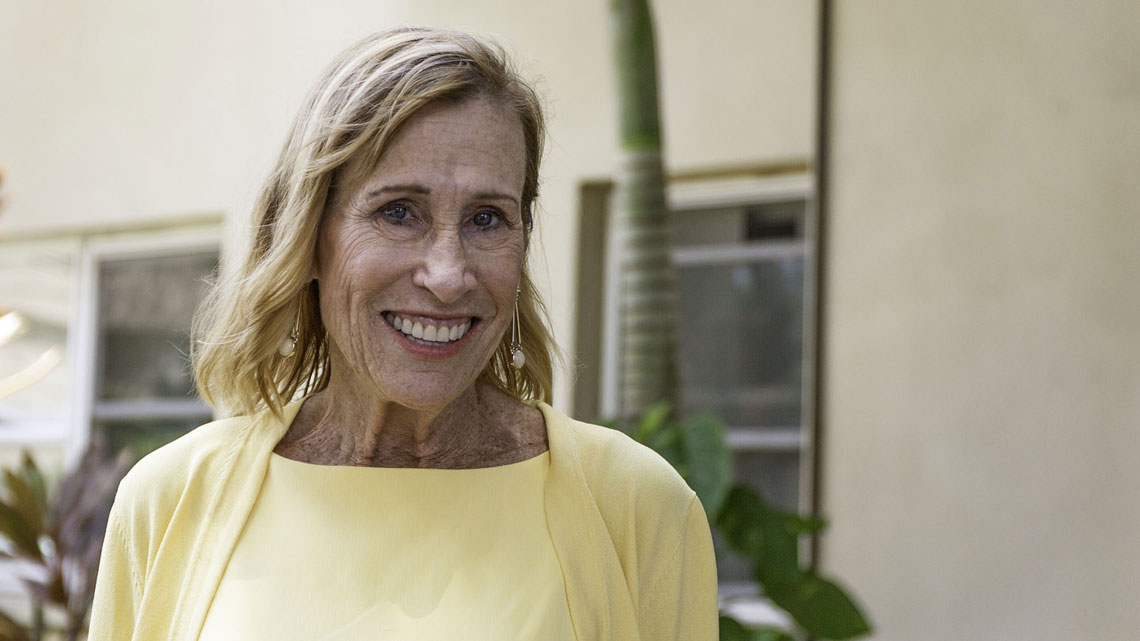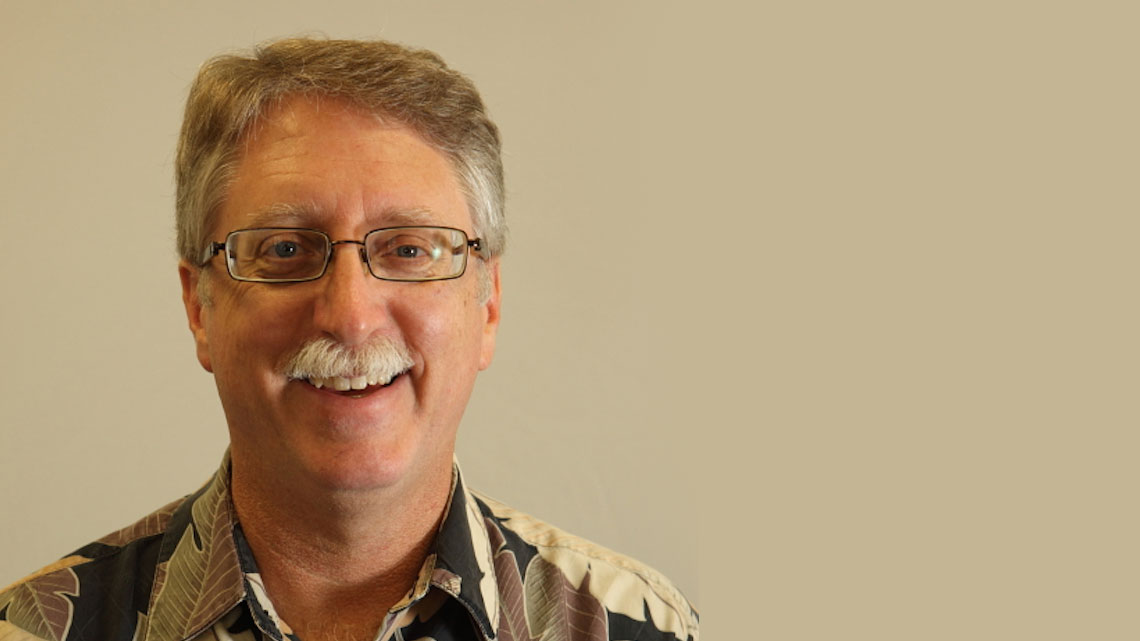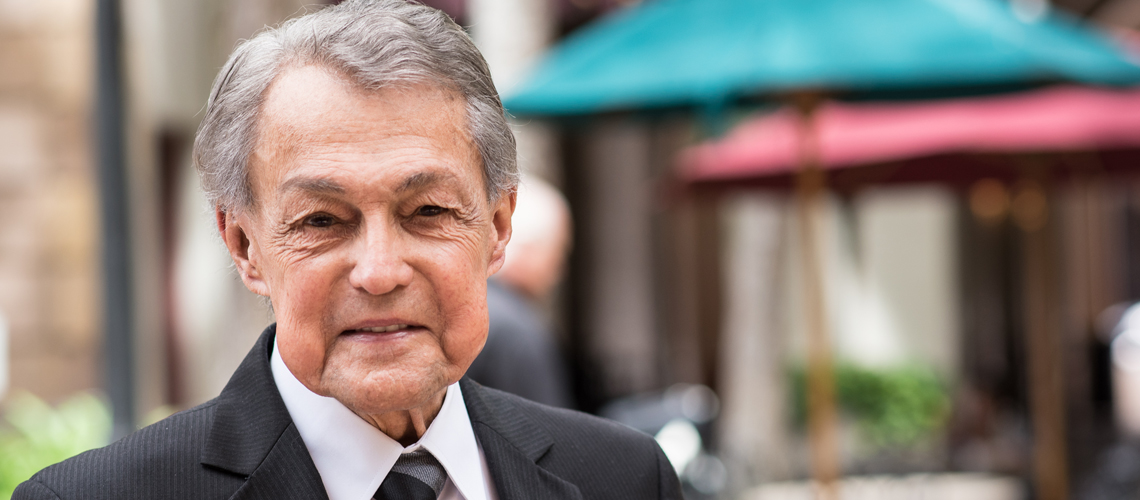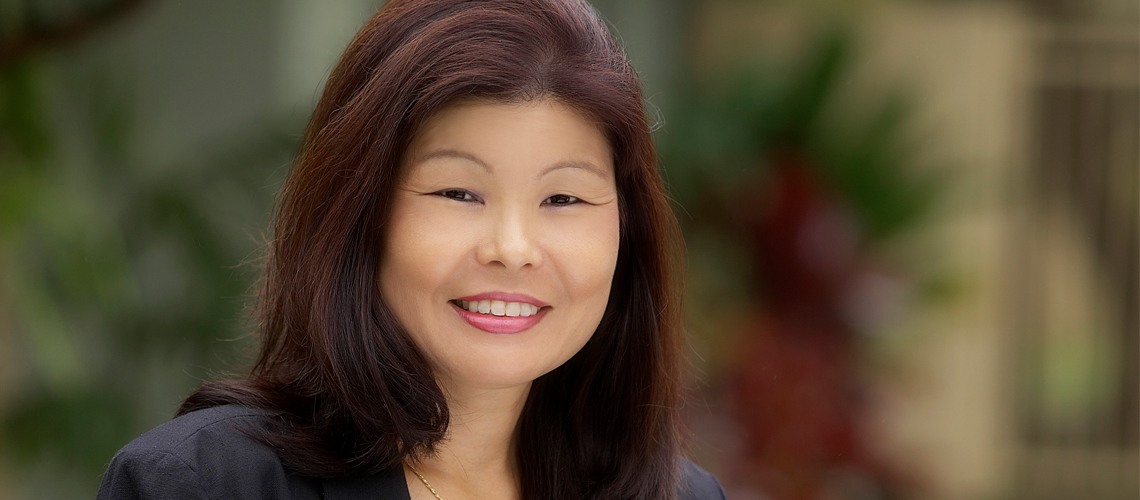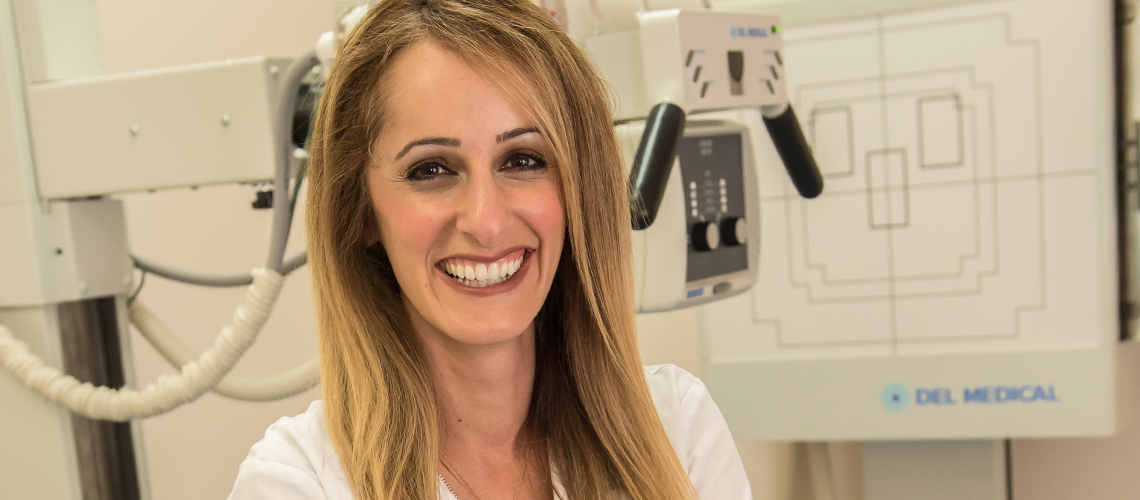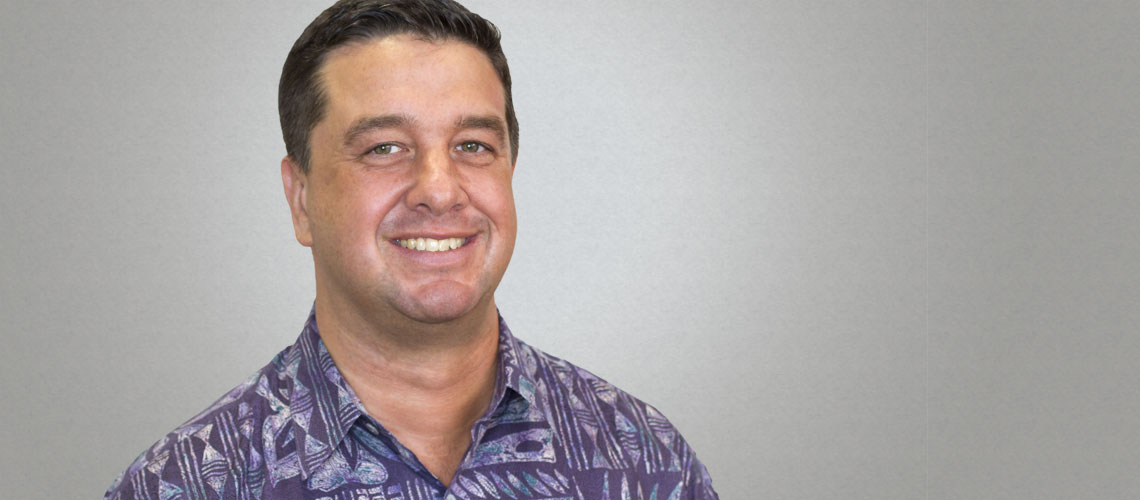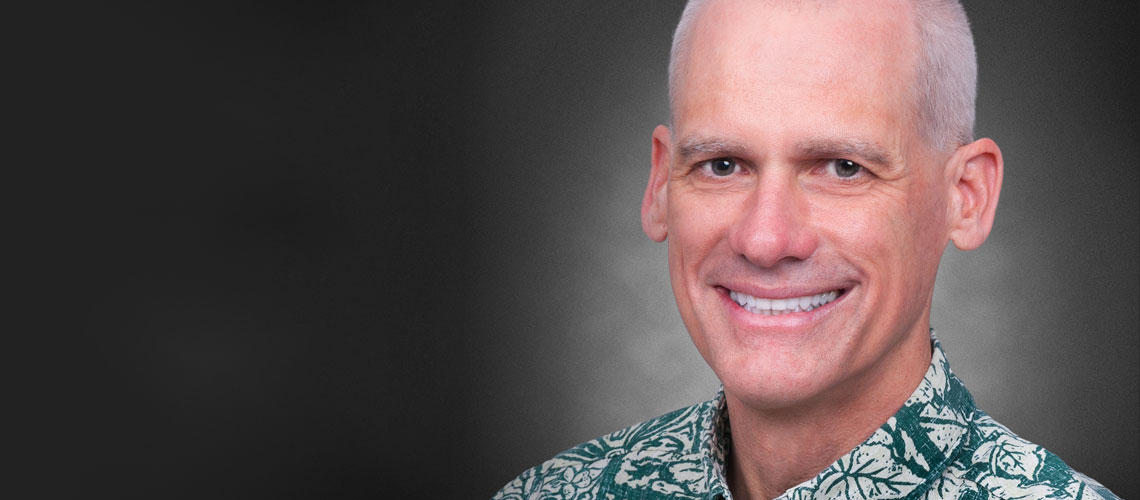Hawai‘i may be one of the country’s healthiest states, but it is increasingly seeing a rise in frail seniors. St. Francis Healthcare System of Hawaii is addressing this with long-term care support and caregiver education to improve quality of life for hospice patients and their family members.
On outcome-based payment:
First, it underscores an even greater need for care coordination. Many patients don’t know where to turn or how to navigate the health care system. They rely on referrals from their primary care physician, but this can become complicated as a person ages. Electronic health records can be a tool in this process for medication management and to better coordinate care, but it requires someone who can help patients understand a doctor’s orders and it will be important to reconcile the orders of multiple specialists. Second, caregiver education must be viewed as an important part of the health care ecosystem, not an afterthought. To keep patients healthy and avoid preventable readmissions to the hospital, caregivers must be adequately armed with knowledge and training to assist in the road to recovery after their loved ones are discharged from the hospital.
On the Affordable Care Act:
Our hospital colleagues are paying greater attention to pay-for-value payments and bundled payments in which all health care providers have a vested interest in providing patients with the very best care. This may include a single payment for a hospital, physician and post-acute services for a specific procedure or condition. Some have formalized a network to form accountable care organizations. St. Francis has begun to look at potential partnerships that will allow us to use our expertise and experience in post-acute care to support patients and other providers.

